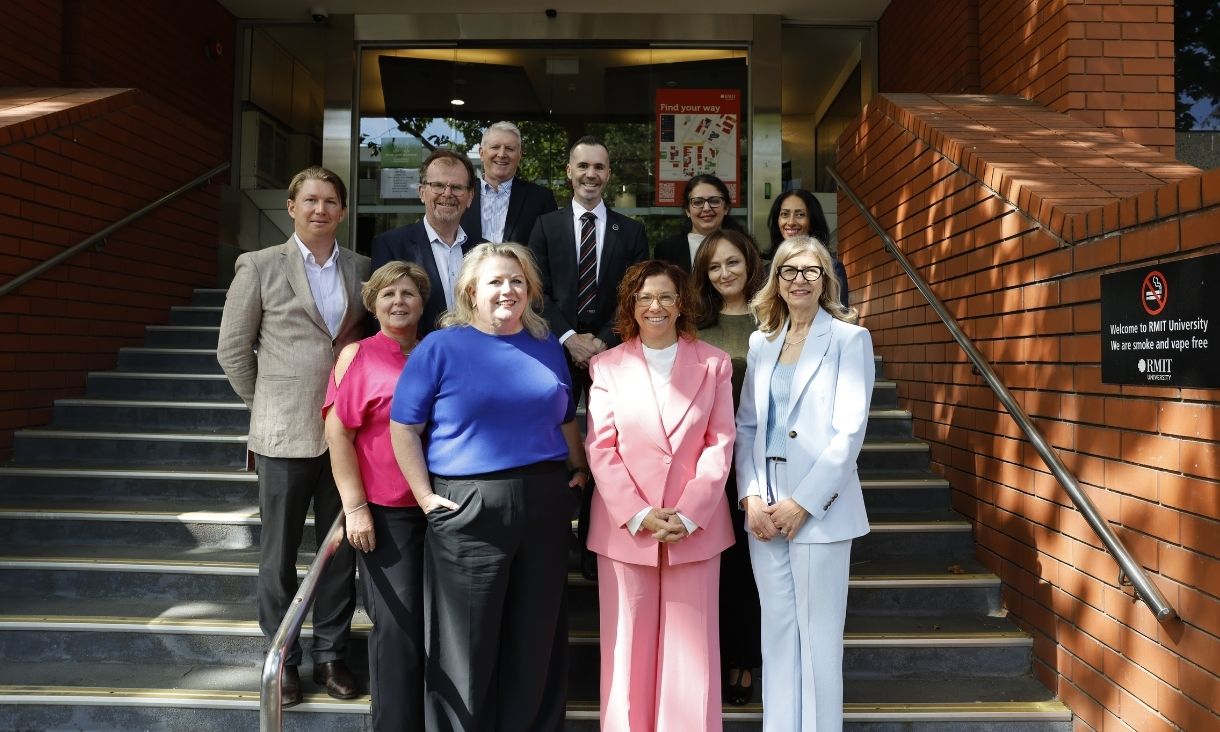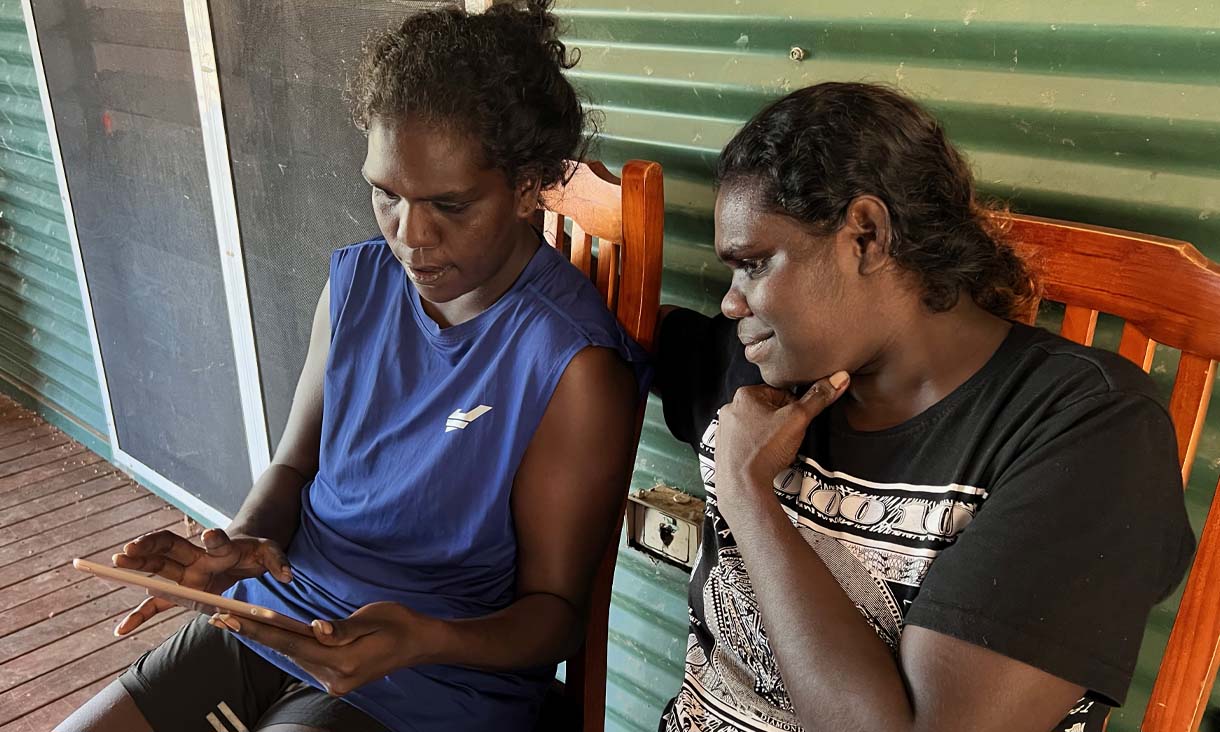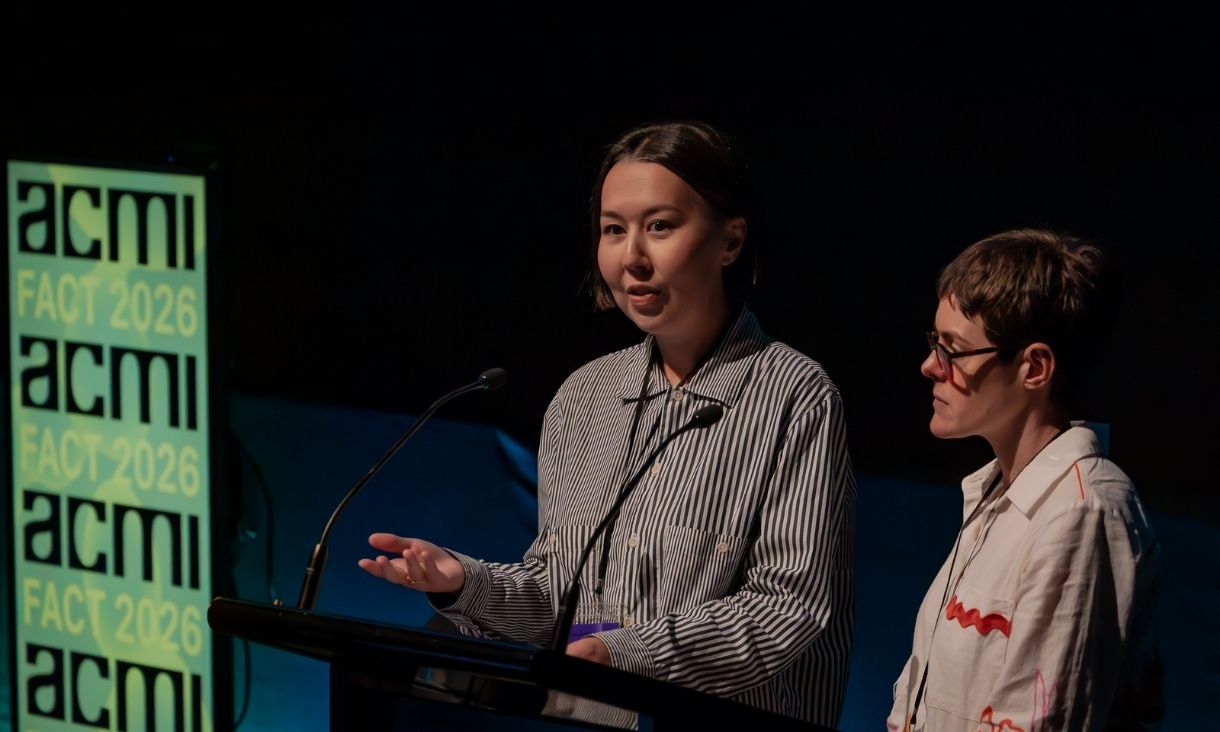Creating a culture of care
To build a strong culture of care and to enable staff at all levels to bring their whole selves to work and achieve better work-life balance, RMIT has embraced flexible working and invested heavily in staff wellbeing. This began in 2018 but accelerated through the COVID-19 pandemic and was supported by the development of the University’s Parent and Carer Inclusion strategy.
As a result of these initiatives in 2021, 5,000 staff took 23,200+ days of additional Wellbeing Leave and the University introduced ‘slowdown weeks’ to encourage staff to take time away from work to rest and recharge.
A range of new support and resilience programs were also introduced for parents and carers including Keep in Touch for parents on leave and Managing the Transition to and from Parental Leave.
Entitlements and ways of working
RMIT has also reduced the gendered impacts of career interruptions by increasing leave entitlements (parental leave, parental partner leave) and flexible and hybrid working to encourage uptake by a more diverse staff cohort. Following a push in 2020, men have increasingly used formal flexibility, and as a result the gender gap in flexible working has reduced by almost 50 per cent since 2019.
The greatest improvements have been reported amongst staff with a disability, with 81 percent stating they have the flexibility they need to manage work and other commitments, an uplift of 36% since 2017.
Career progression
RMIT has implemented changes to the Academic Promotion system to enable candidates to present their achievements relative to the opportunities that have been available to them. As a result, there has been an increase in successful applications from a more diverse cohort of academics. For example, in the 2022 round of academic promotions, the success rate was higher for applicants with carer responsibilities and dependent children than the overall average.
In 2021 RMIT also established the Career Reignite program, to reduce the impact of career interruptions or barriers to opportunities for researchers.
About the award
The Cygnet Award follows the first Cygnet achieved by RMIT in January 2023 and the Athena SWAN Bronze Accreditation awarded in February 2020.
In the SAGE accreditation pathway, Cygnet Awards are the primary mechanism for institutions to report on the actions they have implemented and the outcomes, impact, and learnings as a result of those actions.
Cygnet Award applications allow institutions to review and set clear future actions to address specific barriers for the equitable experience across the RMIT community, for example inequitable leave policies or career development opportunities.
Read RMIT’s application for the Cygnet Award on the SAGE website.

.jpg)






